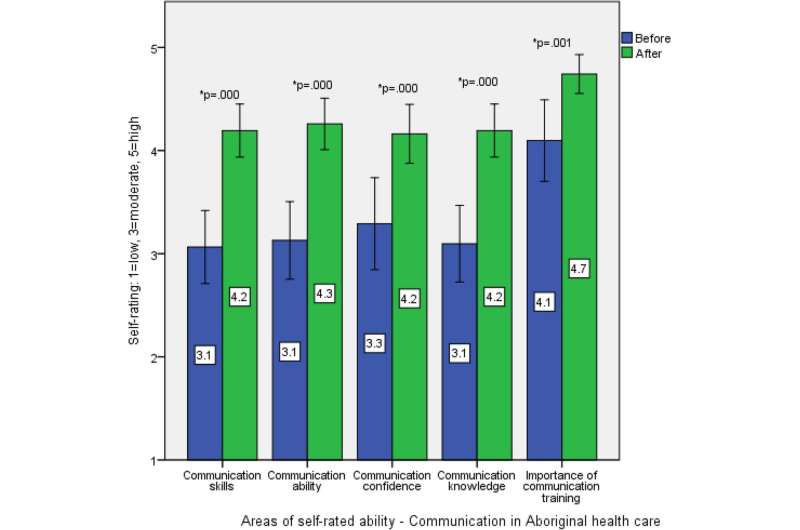This article has been reviewed according to Science X's editorial process and policies. Editors have highlighted the following attributes while ensuring the content's credibility:
fact-checked
trusted source
proofread
New health care education program improves communication between clinicians, Aboriginal patients

A new health care education program developed in rural Western Australia is breaking down communication barriers between clinicians and Aboriginal patients.
Clinical Yarning is a patient-centered communication framework for Aboriginal health care, to increase health professionals' knowledge, confidence and competence in delivering care to Aboriginal patients.
Professor Juli Coffin, from Murdoch University's Ngangk Yira Institute for Change says while it is well documented that communication barriers exist in Aboriginal health care, few interventions have been found to address the issue, until now.
"The Clinical Yarning program teaches professionals how to deliver high-quality and accessible health care to Aboriginal patients," Professor Coffin said.
"The program is underpinned by the principles of cultural security and adult learning.
"It utilizes a behavioral skills approach and bridges a gap to significantly improve experiences and outcomes for Aboriginal patients."
Health care professionals involved in the program reported significant improvements in self-rated communication skills, ability, confidence, knowledge and also the perceived importance of communication training.
They strongly recommended the program to others and stated that simulation and interactive learning activities were valuable aspects of the training.
The development and evaluation of a pilot program is published in the journal BMC Medical Education.
"Health service managers acknowledge the limitations of most existing cultural training and felt Clinical Yarning addressed a need to ensure quality and culturally appropriate health care can be delivered to Aboriginal peoples throughout our country," Professor Coffin said.
"There are challenges in delivery of education in remote areas, such as workforce transiency and availability of participants, so possible flexible training options have been identified."
Considerations identified for the future of Clinical Yarning included building multilevel partnerships within health services, offering alternate training options such as eLearning or train-the-trainer approaches and integrating into existing development programs.
"With further development and implementation, Clinical Yarning has the potential to significantly improve health care experiences and outcomes for Aboriginal patients," Professor Coffin said.
More information: Ivan Lin et al, Clinical yarning education: development and pilot evaluation of an education program to improve clinical communication in Aboriginal health care—participant, and health manager perspectives, BMC Medical Education (2023). DOI: 10.1186/s12909-023-04843-8





















